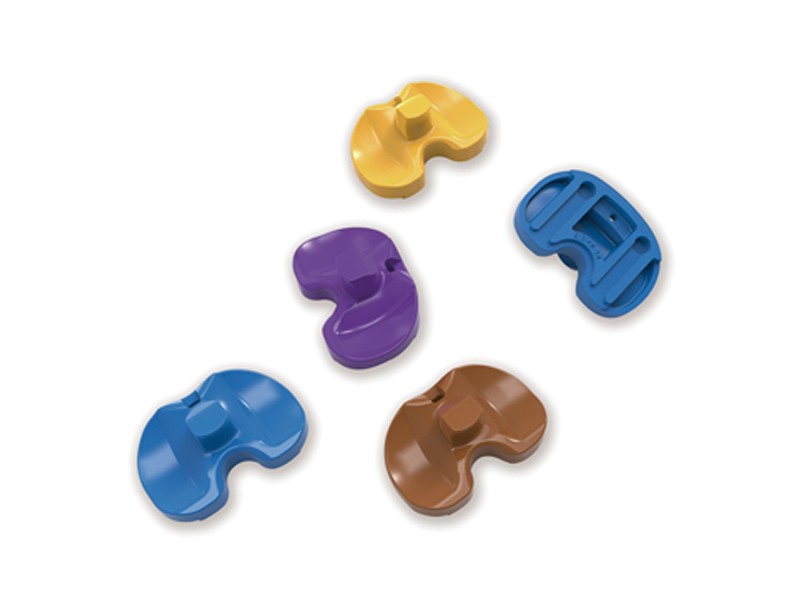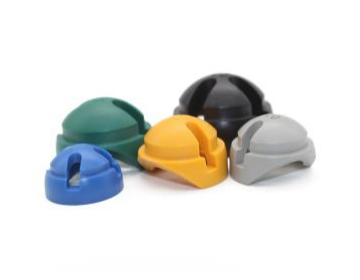 | 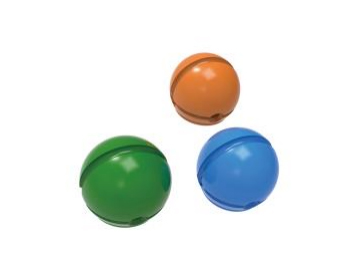 | 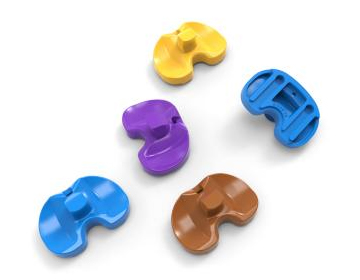 |
PPSU is a non-fixed-shaped, high-performance thermoplastic plastic. Compared with PSU and PEI, it has better impact resistance and chemical resistance.
After high-pressure steam sterilization failure test test, it proves that the PPSU has excellent hydrolysis and exceeds other non-fixed thermoplastic plastic plastic. In fact, PPSU can be placed in the steam sterilization environment unlimited, and high-pressure steam is widely used as a sterilization method for medical components, which makes PPSU a good material for medical equipment.
Advantage
- The highest thermal deformation temperature is 210 degrees Celsius;
- Excellent long -term hydrolysis stability;
- Passed FDA, and other certifications;
- Repeated high temperature and high pressure steam sterilization;
- Excellent toughness and impact strength;
- Light weight, 50%of traditional materials such as aluminum.
PPSU board stick color and color code
| Color | Black | Natural color | Baby blue | Dark blue | Green | Yellow | Grey | Red | White |
| Color number | BL001 | N000 | BB09 | DB0099 | GR350 | Y159 | GG6126 | R8040 | W002 |
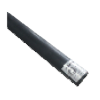 | 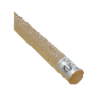 | 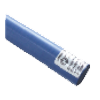 | 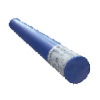 | 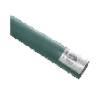 | 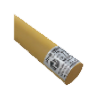 | 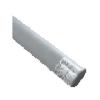 | 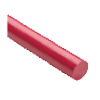 | 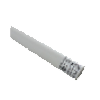 |
PEEK, PPSU, PSU typical Performance Table
| Polymer performance/type | Unit | PEEK5600G | PEEK5600GF30 | PEEK5600CF30 | PPSU | PSU | Test standard |
| Fiber content | Not fill | 30%glass fiber | 30%carbon fiber | Not fill | Not fill | ———— | |
| Tensile Strength | MPa | 101 | 163 | 220 | 72 | 69 | ISO 527-1/-2 |
| Tensile modulus | GPa | 3.5 | 11 | 21 | 2.2 | 2.5 | ISO 527-1/-2 |
| Elongation at break | % | 10-20 | 2.8 | 1.7 | 60-120 | 50-100 | ISO 527-1/-2 |
| Bending strength | MPa | 157 | 260 | 321 | 91 | 103 | ISO 178 |
| Flexural modulus | GPa | 3.5 | 10.5 | 17.9 | 2.4 | 2.6 | ISO 178 |
| Notched impact strength | J/m | No Break | 860 | 637 | No Break | No Break | ISO 180/IU |
| Heat distortion temperature 1.82MPa | ℃ | 160 | 315 | 315 | 210 | 174 | ISO 75-1/-2 |
| Linear thermal expansion coefficient flow direction | ppm/℃ | 47 | 20 | 7 | 57 | 56 | ISO11359-1/-2 |
| Linear coefficient of thermal expansion in the transverse direction | ppm/℃ | 50 | 67 | 56 | 57 | 56 | ISO11359-1/-2 |
| Water absorption rate24h | % | 0.1 | 0.1 | 0.1 | 0.4 | 0.3 | ISO 62 |
| Density | g/cm³ | 1.3 | 1.53 | 1.41 | 1.29 | 1.24 | ISO 1183 |
ps:This data is the average value of the material and cannot be used as the acceptance standard. The average value of linear thermal expansion is between 0-150 ℃.


